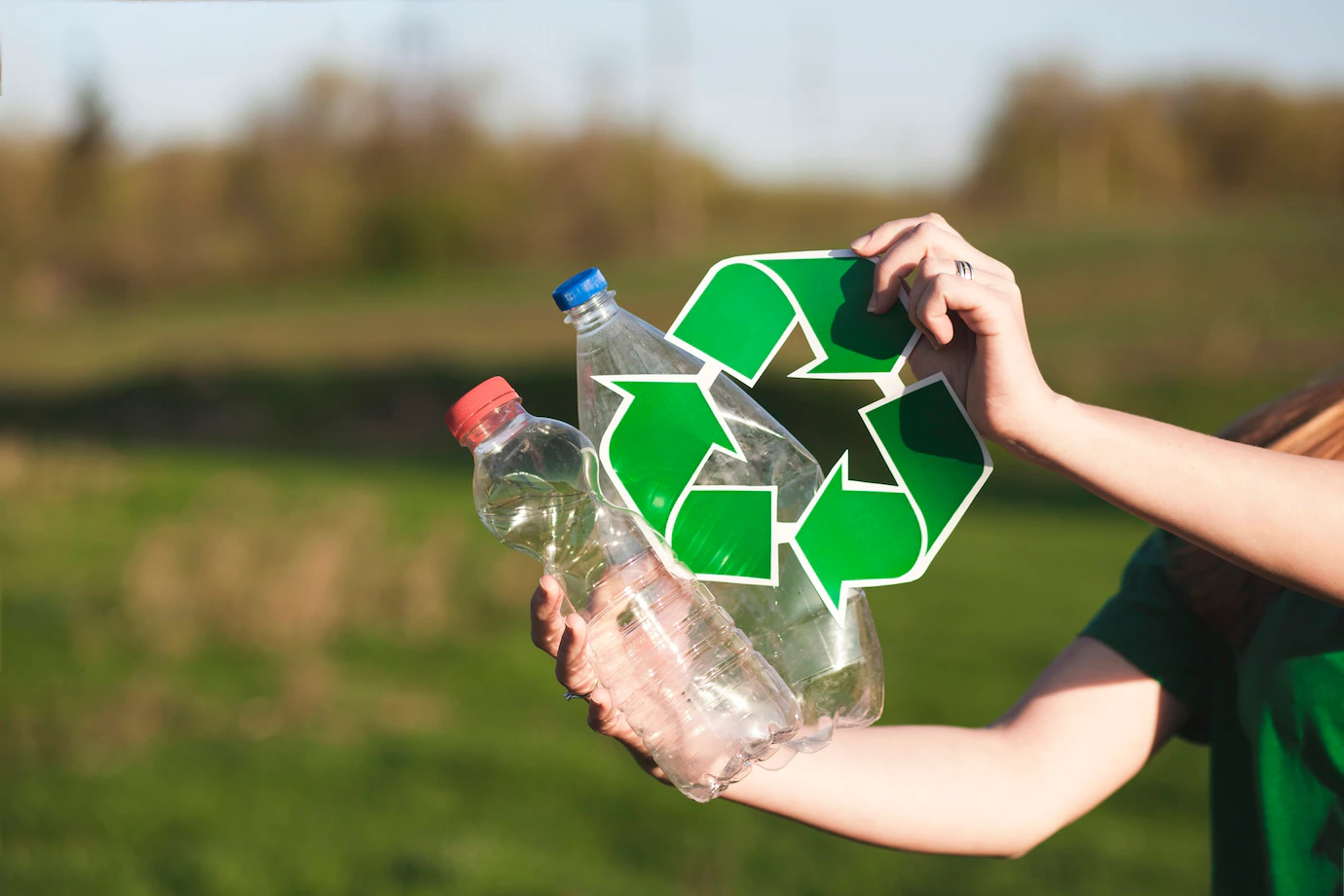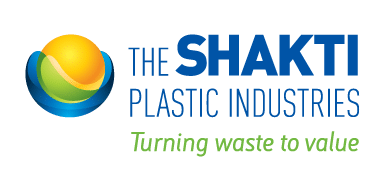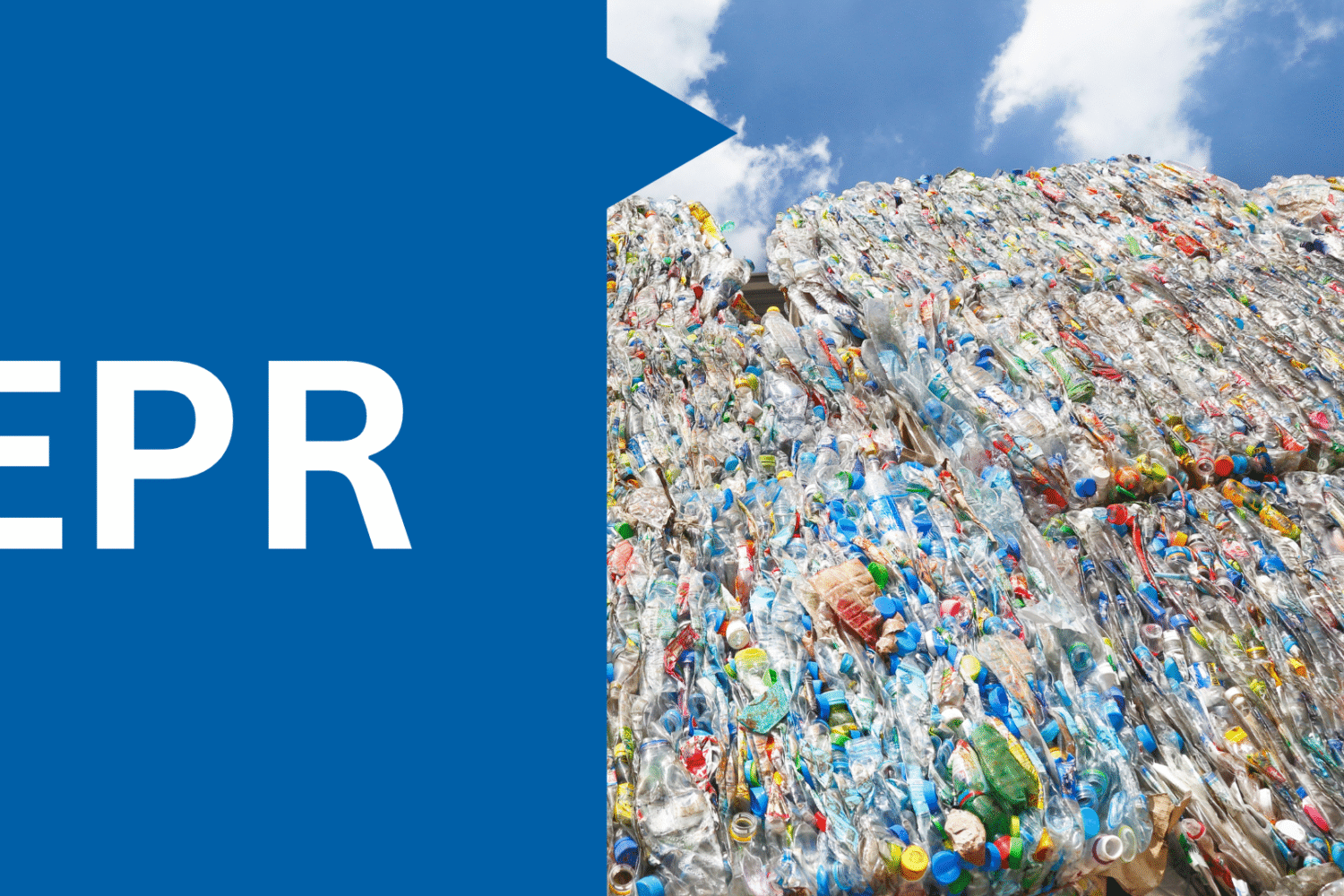Extended Producer Responsibility (EPR) is a concept in which producers are held responsible for the entire lifecycle of their products, including disposal and recycling. It is a crucial step towards sustainable waste management and environmental protection. In recent years, EPR has gained momentum in India, and the government has implemented several policies and regulations to promote it.
Evolution of EPR in India
EPR was first introduced in India in the early 2000s, with the launch of the National Environmental Policy (NEP) in 2006. The policy aimed to promote sustainable development and environmental protection by encouraging EPR. In 2011, the Ministry of Environment and Forests (MoEF) introduced the E-waste (Management and Handling) Rules, which made it mandatory for producers to manage their e-waste. In 2016, the MoEF introduced the Plastic Waste Management Rules, which made it mandatory for producers to manage their plastic waste.
Currently, EPR is gaining momentum in India, and several industries have started implementing EPR voluntarily.
 Benefits of EPR in India
Benefits of EPR in India
EPR has several benefits, including environmental, social, and economic benefits. It helps reduce waste generation, conserve resources, and promote recycling. EPR also creates employment opportunities and helps reduce the social and economic burden of waste management on local communities.
Challenges to EPR implementation in India
Despite the benefits, EPR implementation in India faces several challenges. Lack of awareness and inadequate infrastructure are some of the main challenges. Many producers and consumers are not aware of EPR, and there is a lack of adequate infrastructure for waste management and recycling. Limited enforcement of EPR regulations is also a challenge, as many producers do not comply with the regulations.
Success stories of EPR in India
Despite the challenges, there have been some success stories of EPR in India. E-waste management is one such success story. Many electronic producers have implemented EPR voluntarily, and the government has also introduced regulations to promote e-waste management. The plastic waste management rules have also led to a reduction in plastic waste generation.
Policies and regulations related to EPR in India
The Indian government has introduced several policies and regulations related to EPR. The E-waste (Management and Handling) Rules and the Plastic Waste Management Rules are two such regulations. The regulations make it mandatory for producers to manage their waste and recycle their products. The government has also introduced incentives and tax breaks for producers who implement EPR voluntarily.
Role of stakeholders in EPR implementation
The success of EPR implementation depends on the role played by various stakeholders. The role of producers is crucial in EPR implementation. They are responsible for managing their waste and promoting recycling. Producers can implement EPR voluntarily or through regulations. The role of consumers is also crucial, as they can reduce waste generation by adopting sustainable consumption practices. The government plays a crucial role in EPR implementation, by introducing policies and regulations, promoting awareness, and providing incentives.
Future of EPR in India
The future of EPR in India looks promising. The government has introduced several policies and regulations to promote EPR, and several industries have started implementing EPR voluntarily. The increasing awareness about EPR and the benefits associated with it are likely to promote its adoption in the future. However, there is still a long way to go, and several challenges need to be addressed.
Conclusion
In conclusion, EPR is a crucial step toward sustainable waste management and environmental protection. India has made significant progress in promoting EPR through policies and regulations, but there are still several challenges that need to be addressed. The success of EPR implementation depends on the role played by various stakeholders, including producers, consumers, and the government.


